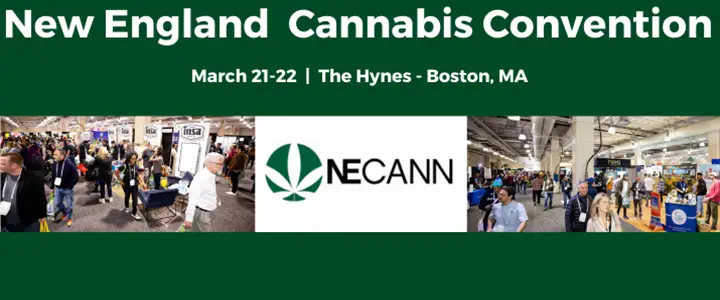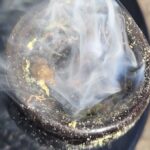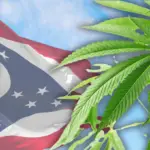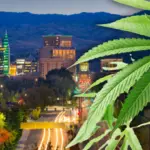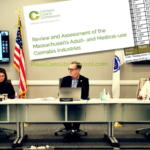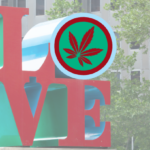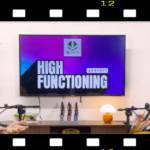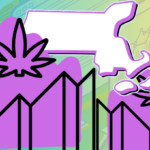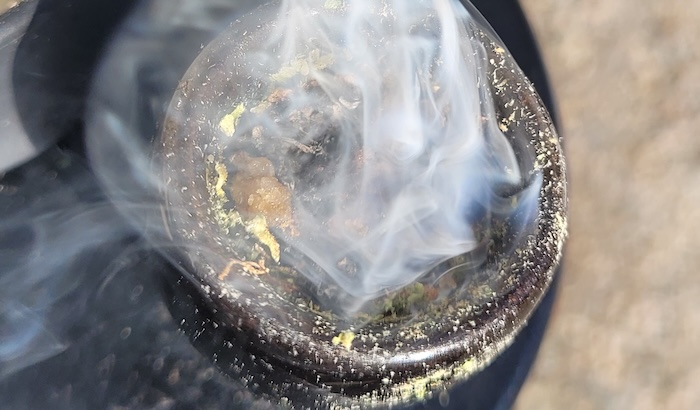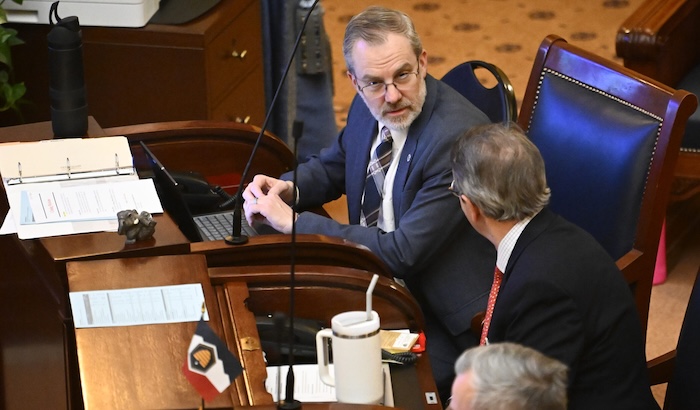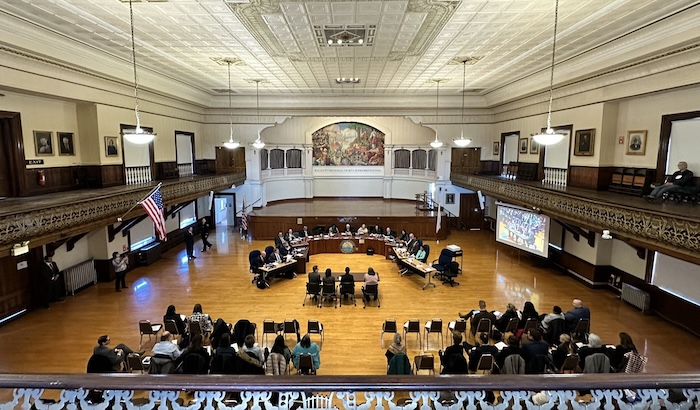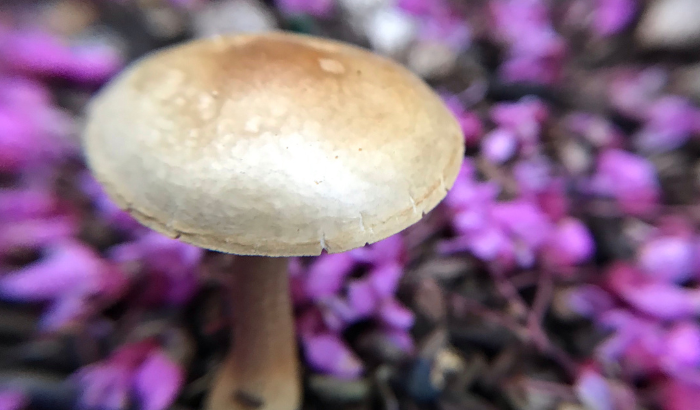
The Psychedelic Medicine Task Force was created to survey the research on potential therapeutic uses of hallucinogens like LSD, MDMA and psilocybin mushrooms
A task force created by the Minnesota Legislature has recommended the state decriminalize the use of psychedelic mushrooms, but stopped short of supporting full legalization for personal use.
The Psychedelic Medicine Task Force was created to survey the research on potential therapeutic uses of hallucinogens like LSD, MDMA and psilocybin mushrooms, and to recommend changes to state law if appropriate.
The task force has also called for more funding for clinical research on the medical use of hallucinogens, and for the state to create a program for regulating the clinical use of mushrooms as a medical treatment.
While a majority of task force members also voted in favor of fully legalizing psilocybin mushrooms, the support fell short of the supermajority requirement for an official recommendation. The distinction between decriminalization and legalization is important: While decriminalizing psilocybin would remove the threat of criminal penalties, legalization would entail creating a new, regulated market, as with the cannabis legalization that passed in 2023.
The recommendations are not legally binding, and will be sent to the Legislature in a report to be issued later this year.
Oregon and Colorado have made psilocybin mushrooms legal for supervised adult use, while a number of cities in the U.S. have removed criminal penalties but not otherwise created a pathway for legal use. A California bill decriminalizing mushrooms was vetoed by Gov. Gavin Newsom last year.
The emphasis on decriminalization and medical use echoes the steps many states took toward the full legalization of cannabis. Minnesota, for instance, was one of the first to decriminalize marijuana in 1976.
Like cannabis, mushrooms are relatively safe to use compared to most other drugs and alcohol, with lethal overdoses virtually unheard of. Unlike cannabis, however, addiction and dependency are extremely rare, owing in large part to the intense experiences the mushrooms can produce.
Mushroom use is also much less common than cannabis. While federal survey data show that about one in five Minnesotans used marijuana in 2022, just 3% had used any type of hallucinogen that year.
Studies have shown the active compound in psychedelic mushrooms holds promise for reducing depression symptoms, although research has been stymied by the drug’s legal status. The task force’s recommendation could open the door to more research, at least at the local level.
This article was republished from the Minnesota Reformer. You can read the original version here.


